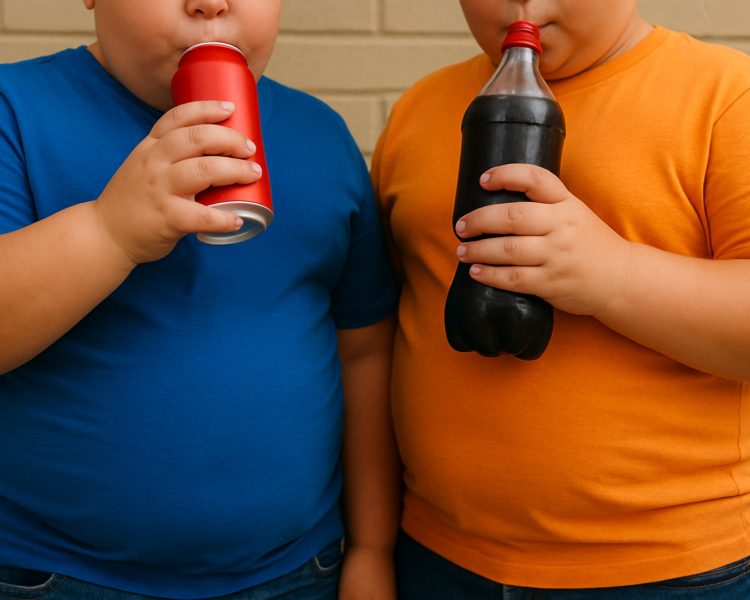Colorado Seeks SNAP Waiver to Limit Soda Purchases, But Critics Say It Misses the Point
Colorado is seeking a federal waiver that would prevent Supplemental Nutrition Assistance Program (SNAP) recipients from using their benefits to buy soda and other sugar-sweetened beverages. The move, aimed at improving public health, aligns with a broader national push to encourage healthier eating. However, critics argue that such restrictions could do more harm than good, particularly for low-income and marginalized communities.
Joel McClurg, executive director of systems for Colorado Blueprint to End Hunger, warns that limiting what SNAP participants can buy risks deepening racial and economic disparities. He also fears it sets a precedent for reducing already meager benefits—currently averaging just $6 per day. Instead of restrictions, McClurg advocates for incentive-based solutions, such as a successful pilot that increased fruit and vegetable consumption among SNAP recipients by 25% through rebates.
Colorado’s proposed waiver would not restrict actual food purchases and would allow recipients—many without kitchen access—to buy prepared meals. Still, McClurg emphasized that affordability, not preference, is the main reason SNAP households consume less healthy foods. He argues that improving access to affordable produce and lean proteins would have a greater impact than limiting choices.
Additionally, he points to systemic issues—like food deserts and lack of transportation in rural areas—that make healthier options difficult to access. “You can’t just magically manifest healthier foods in your local corner store,” McClurg said. “Restrictions alone won’t fix a broken food system.”










